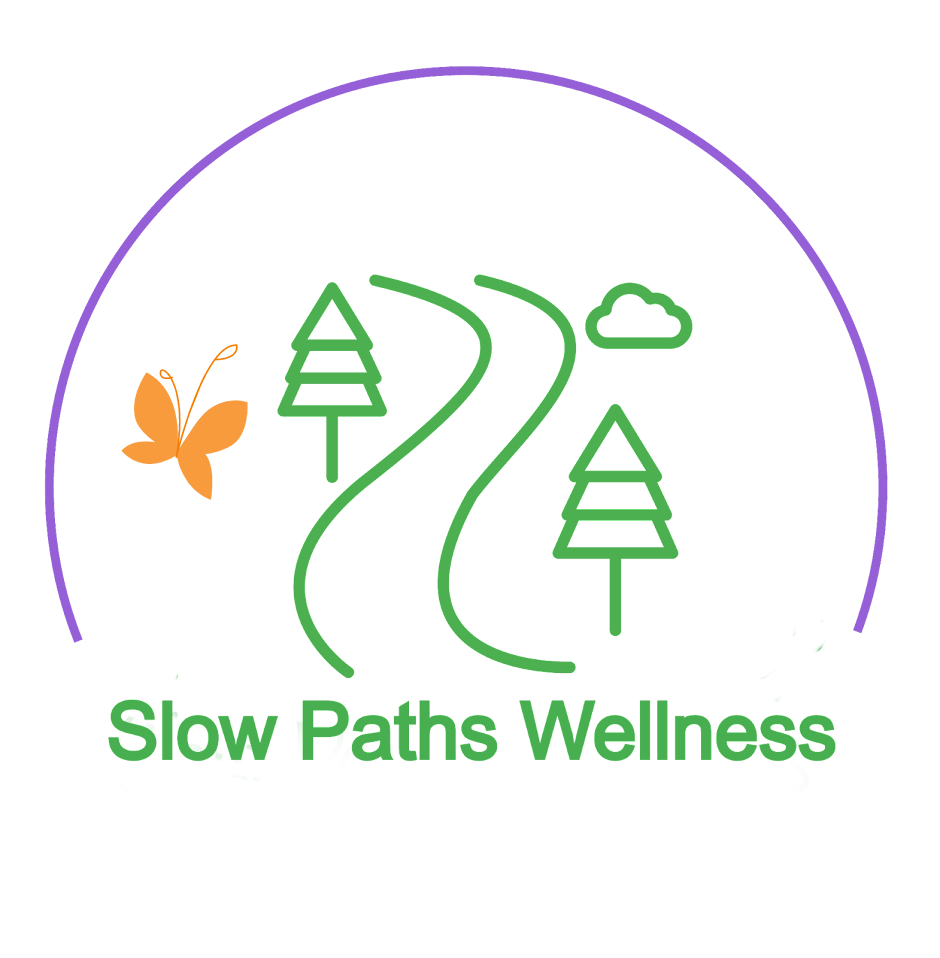 |
| Photo by Teresa Y Green |
The link above is from Michael Tierra's amazing website, and gives a quick overview of cayenne, and mentions that it may be too hot for someone with Yin deficiency. I completely agree with Mr. Tierra's article (and since he's one of the big names in herbal medicine, I'd be hesitant to disagree with him). But since his article was not focused on Yin deficiency, I found his explanation a little sparse. Most people in Western society have some yin deficiency, and protecting your Yin is crucial to staying healthy, especially as you age. Here's a little info:
Yin deficiency refers to our reserves. Yin deals with the cooling, calming, moistening functions in the body--having the right lubrication (lymph, mucous, saliva, etc.), enough substructure (bone, blood, etc.), and enough rebuilding time and materials (sleep, and the substances above). It also refers to the “stuff” of reproductive function--hormones, menstrual blood, semen, mucous, etc. A yin deficiency may not affect all of these--Stomach yin deficiency means there usually is not adequate stomach mucosa, causing burning, acid reflux, or dry mouth; while liver yin deficiency will affect our ability to make blood properly, stay calm, and get enough sleep. Kidney yin deficiency affects reproductive function, overall calmness, ability to focus, and sleep as well.
Yang is the opposite of yin, and provides the activity that Yin fuels. Yang affects our ability to warm, do activity, remove excess moisture (and not generate it in the first place), wake up, and push through when you’re exhausted and have to keep going. It describes the energy that gets people up in them morning, provides sex drive, and active thinking. When it is deficient, people can have problems with anything from edema to sleepiness to just giving up.
Yin and yang work together. Without enough Yin, Yang is a mechanic with no tools, without enough Yang, the tools sit idle and rust. We need both. To use a different analogy, if you think of life as a fire, yin is the wood that provides fuel, while yang is the spark. Most people, when they get tired, try to add extra spark with caffeine, exercise, supplements, etc., when the problem most often is the substructure fuel that is depleted. Rebuilding the quiet side of your physiology allows you to thrive as you do the active parts of life.
Chronic stress destroys both yin and yang, but because yin is the harder to rebuild, it is the part that is the most important to protect. Overuse of cayenne, or other warming or stimulant substances like caffeine, will aggravate a yin deficiency, and may mask it temporarily because it provides extra yang. Eventually, though, the bottom falls out as a person's reserves are completely depleted. Once someone collapses from overworking her body, she may never fully recover.
So protect your health and your ability to thrive. Protect your yin:
- Get enough rest. Rest early and often, with naps if possible. Take regular breaks in your workday, if not to sleep, then at least to disengage from the rat race. Take a walk, look at the outside world or an art museum--but let your mind rest. Meditation is one of the best ways to rebuild yin, and can be as simple as letting your mind wander while you watch people walk their dogs in a park.
- Eat well. Eat nutrient-dense food. Eggs from healthy chickens (meaning free-range chickens who have not been fed antibiotics) are a great source of yin, as are any juicy fruits and vegetables. Most fish is considered beneficial for yin as well. Eating warming foods that are considered more yang tonic (such as cayenne, cinnamon, lamb, horseradish and other mildly spicy foods) is not wrong--Chinese medicine is about balance, and getting a wide variety of foods is important. But if you have a yin deficiency, giving extra attention to yin tonic foods is a great idea.
- Destress. In our modern times, nothing is as hard on Yin as stress. Stress triggers our fight-or-flight system, which basically means we become on guard most of the time. Feeling rested and refreshed when you are constantly worried or feel cornered in a bad job, relationship, or just with your own thoughts is impossible. See a therapist, make life changes a necessary, or delegate your least favorite chores. The peace you gain will add years to your life.
- Do gentle exercise. Exercise primarily builds yang, through activity, but gentle exercise, such as tai chi or moderate walking, allows your body to process stress hormones, circulate your lymph, move toxins around, and manage blood sugar and digestion. These benefits greatly diminish stress in your system, and so benefit Yin.
- Diminish distractions. Yin is the energy of quiet and peace. If you have not sat outside and looked at the clouds for a while, I suggest trying it. Turning off your cell phone, stepping away from the computer, and turning down ambient noise any way you can will give your nervous system a break. Like meditation, simply existing in a quiet space without a lot of stimulation allows your body to turn inward and rest.
Using these tips will help you keep your Yin strong, giving you ample reserves for any situation. Try a few of them today!














